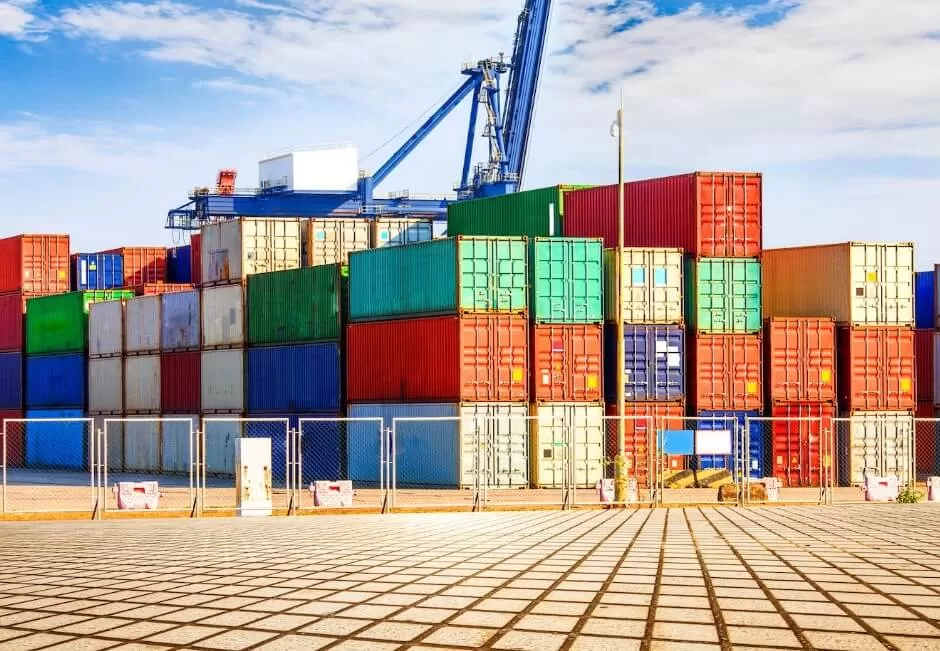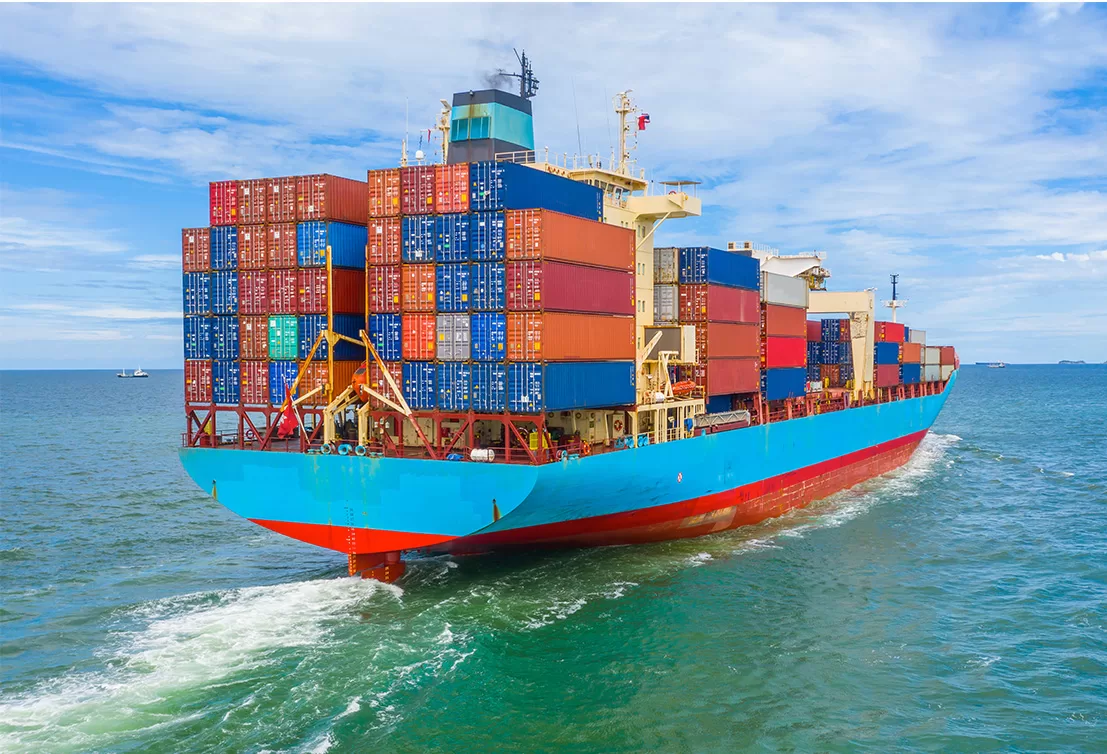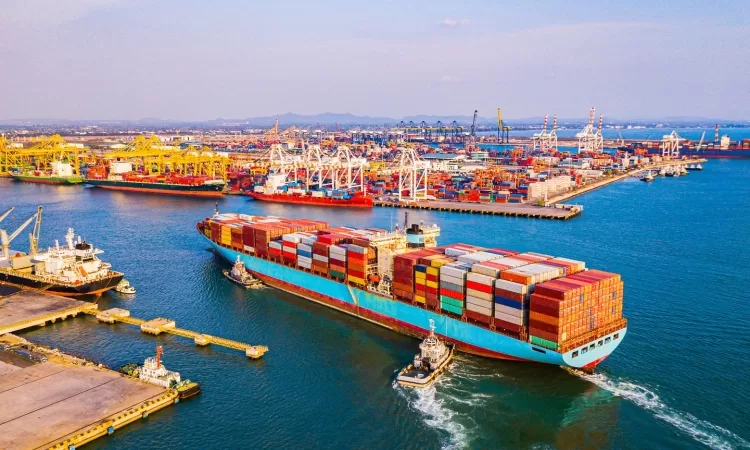Why is LCL Service Critical for Businesses Navigating Port Congestion?
Global trade rarely runs smoothly. Port congestion has become a major challenge for companies of all sizes. Containers pile up, schedules slip, and inventory risks rise quickly. In this environment, the ability to stay flexible is not optional but essential. One practical option for many businesses is the use of LCL service. By sharing container space and moving goods efficiently, businesses can minimise disruption while controlling costs.
Understanding the Basics of LCL Service
Less-than-container load shipping allows companies to move smaller quantities without booking a full container. This makes it possible for multiple shippers to share one container. During port congestion, this flexibility reduces dependence on large-scale shipments that may be delayed longer. Companies gain agility by shipping goods as they are ready, rather than waiting to fill a full container. In effect, LCL service acts as a bridge between cost control and timely delivery.
Adapting to Port Delays with Smaller Shipments
When ports are crowded, containers often sit idle for weeks. Businesses that rely only on full-container loads face greater risks of inventory shortages. Smaller shipments, on the other hand, move faster through customs and terminal processes. This reduces bottlenecks and shortens lead times. With LCL services, companies can adapt to congestion by sending multiple smaller consignments. This keeps products flowing to end markets even when ports operate under stress.
Maintaining Cash Flow During Supply Chain Disruptions
Large shipments require significant upfront investment. During congested periods, those funds can remain tied up in goods stuck at port. By contrast, LCL service allows companies to spread out shipping costs and reduce financial strain. Smaller and more frequent shipments mean less capital is locked away in transit. This flexibility supports cash flow, which is especially critical for small and medium-sized enterprises facing tight budgets.
Supporting Just-in-Time Inventory Strategies
Many industries rely on lean supply chains and just-in-time delivery. Port congestion threatens this model, leading to stockouts and production delays. Businesses can mitigate the impact by using the LCL service. With the ability to ship smaller volumes more frequently, they avoid the risks associated with delayed bulk shipments. This supports continuous operations, keeps warehouses balanced, and ensures that production schedules remain intact.
Enhancing Global Reach with Flexible Logistics
Companies entering new markets often lack the volume to justify full containers. Port congestion amplifies the challenge, making large shipments even more vulnerable. In this context, LCL service becomes an enabler of global trade. It allows businesses to test new markets, send smaller batches, and respond quickly to shifting demand. Reducing barriers to entry provides growth opportunities even during supply chain instability.
Balancing Cost Savings and Reliability
Some businesses worry that shared containers may lead to extra handling or delays. However, reliable logistics providers use advanced technology to consolidate cargo efficiently. They optimise routes, manage customs clearance, and reduce dwell times. Compared with waiting for a full container, LCL service often proves more reliable during congestion. The balance of moderate costs and steady delivery makes it an effective option in turbulent times.
Leveraging Technology in LCL Shipping
Digital platforms and predictive analytics now play a larger role in freight management. Companies can track shipments in real time, receive updates, and plan inventory more accurately. Technology helps logistics providers manage consolidation centres and optimise container space. This makes LCL service not only flexible but also transparent. As visibility improves, companies gain confidence in scheduling and can respond faster to unexpected port delays.
Why Businesses Need LCL Service in Port Congestion
As congestion continues to disrupt supply chains, companies must adopt strategies that emphasise flexibility and resilience. LCL service allows businesses to move smaller shipments, maintain cash flow, support just-in-time strategies, and expand global reach without committing to full containers. With reliable providers and technology-driven visibility, this option becomes not just a backup but a core logistics strategy. For many businesses today, navigating disruption successfully depends on using LCL service.


